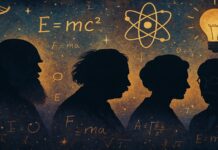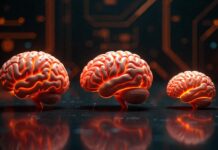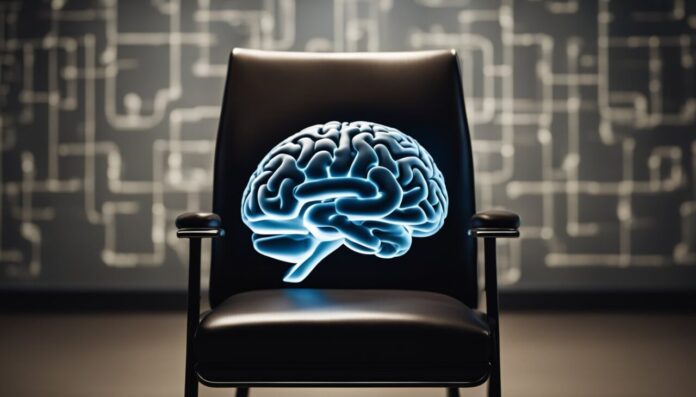
Let’s admit it – consciousness is weird. We don’t know what it really is, nor how it works.
It is certainly the stuff of mystery, late-night drinking sessions, and scientific head-scratching.
Everyone knows what it feels like to be aware, to think, to perceive the world around them. Yet, when we ask ourselves what consciousness is or why it exists, we quickly run into one of the strangest mysteries known to humanity.
Philosophers, neuroscientists, and even quantum physicists have been wrestling with the enigma of consciousness forever, with no consensus in sight.
What makes consciousness so impenetrable is that, while it’s something each of us experiences every moment of our lives, it defies simple explanations.
We can talk about neurons firing, but that doesn’t explain why a particular arrangement of atoms should give rise to the sensation of being “you.”
And so, the search to understand consciousness has led to a wide array of theories—some grounded in biology, others in quantum mechanics, and some so far-out that they sound like science fiction.
In this article, we will mostly dive into the strange and surreal with the top 10 weirdest explanations of consciousness.
These are the theories that make you question everything—from whether your thoughts are real, to whether the universe itself is conscious.
Additionally, those are theories that will sometimes make you giggle.
Ready for a mind-bending journey?
Let’s go.
1. Consciousness is Just an Illusion
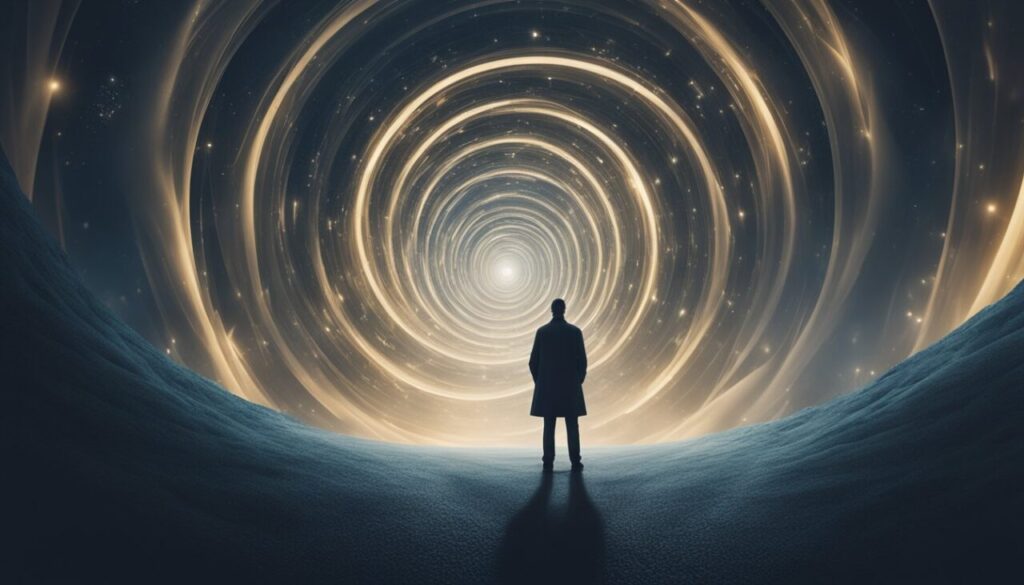
There’s a group of scientists and philosophers who argue that consciousness isn’t real. It’s a mirage, a trick of the brain. People like philosopher Daniel Dennett claim that what we perceive as conscious experience is just our brain pulling the strings in the background.
You don’t really “see” or “feel” anything. It’s more like a puppet show where you’re both the puppet and the puppeteer, except you don’t know you’re the puppeteer.
Interesting fact: Some researchers believe that consciousness as an illusion could explain why our memory is often unreliable or full of gaps. If your brain is constantly tricking you into thinking you're aware, maybe it’s not great at keeping track of everything.
2. The Quantum Brain Hypothesis
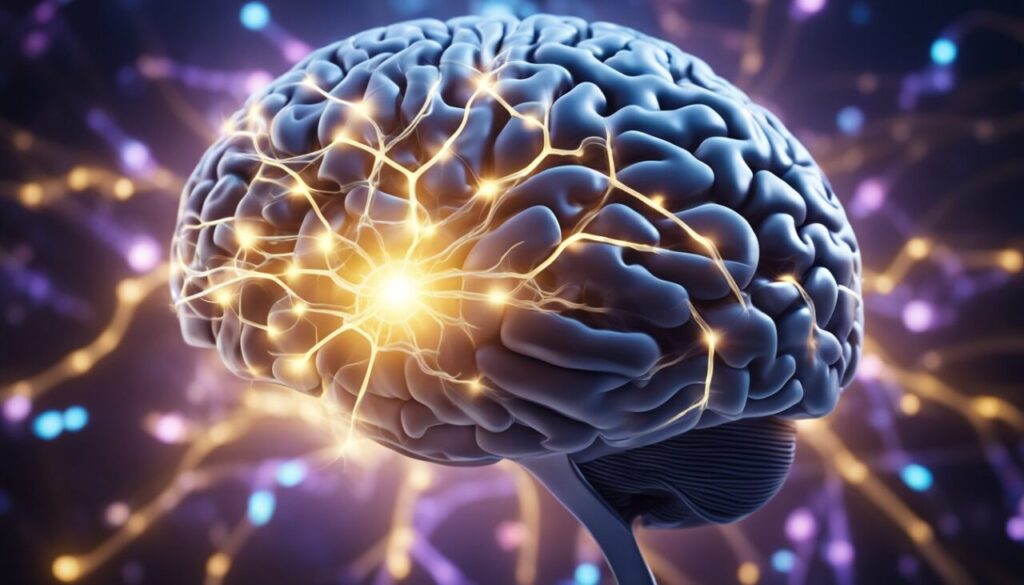
Of course, we need to bring quantum mechanics into the picture. Namely, according to the Quantum Brain Hypothesis (quantum mind), consciousness arises from quantum processes inside the brain.
British physicist Sir Roger Penrose and anesthesiologist Stuart Hameroff have argued that microtubules in brain cells behave in ways that trigger quantum superpositions, leading to conscious thought.
If they’re right, your thoughts could be the result of the same quantum principles governing particles at the atomic level.
Let’s just say it – your brain might be a quantum computer.
Interesting fact: The same principles that could make your brain conscious might also allow it to exist in multiple states simultaneously—like Schrödinger’s Cat. Wild thought: maybe you’re both asleep and awake, but you only realize one at a time.
3. Panpsychism: Everything is Conscious
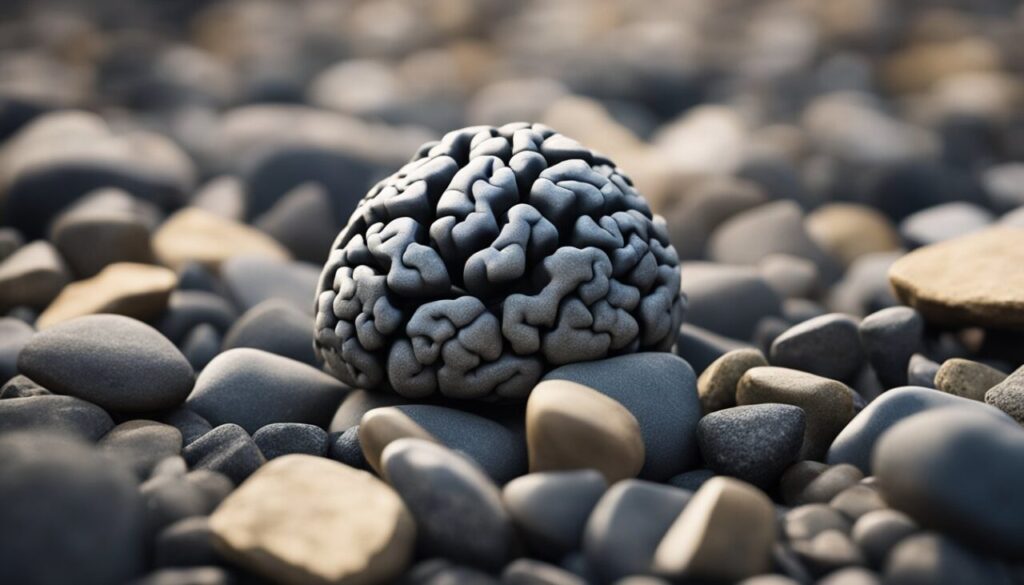
Let’s get metaphysical. Panpsychism claims that consciousness isn’t something unique to humans (or animals, for that matter)—it’s a property of everything in the universe.
In this view, rocks, trees, atoms, and the chair you’re sitting on right now all have some degree of consciousness. The difference between a human and a rock isn’t that one is conscious and the other isn’t, but that humans have a higher level of awareness.
Interesting fact: Famous philosopher Bertrand Russell and physicist Arthur Eddington were big proponents of panpsychism. They believed the mysteries of physics might only be solved if we understand that consciousness is a fundamental part of matter itself.
4. Simulation Theory: We’re Living in a Program

We’ve written a lot about this topic in many of our previous articles.
Now imagine if everything you experience, every thought you have, and every decision you make, was all just a part of an advanced computer simulation. Simulation theory, popularized by tech entrepreneur Elon Musk and philosopher Nick Bostrom, suggests that consciousness is just a byproduct of living in a virtual world.
If technology advanced far enough, the reasoning goes, it could simulate entire universes indistinguishable from the real thing.
Heck, perhaps, we’re all NPCs in a cosmic video game.
Interesting fact: According to Oxford philosopher Nick Bostrom, if humanity develops the ability to simulate consciousness, there’s a good chance we’re already living in a simulation. Think of it as "The Matrix," but without the dystopian flavor. Or maybe with it—we wouldn't know.
5. Consciousness is the Collapse of the Wave Function
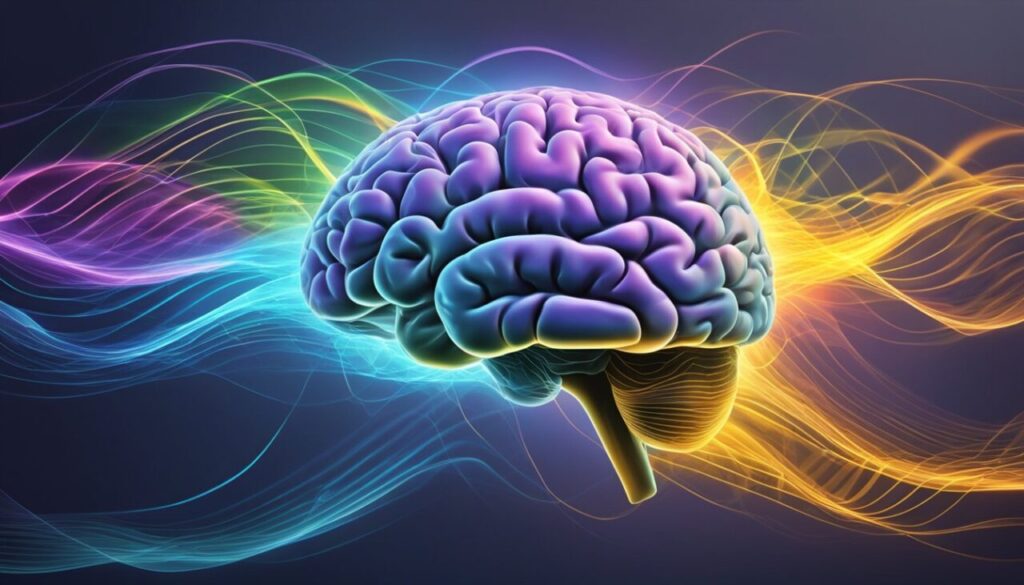
Here’s another quantum theory. The “consciousness causes collapse” interpretation of quantum mechanics argues that the act of observation (or conscious awareness) forces quantum particles to settle into one state or another.
Before being observed, particles exist in multiple states at once (a superposition), but the moment they’re observed, boom—they “choose” a state.
This theory suggests that consciousness might not be a product of the brain at all but rather an inherent force that interacts with the universe on a quantum level.
Interesting fact: The famous double-slit experiment, where particles behave differently when observed, is often used as evidence for this theory. It suggests that your mind could actually change the behavior of the particles around you.
6. Integrated Information Theory (IIT)
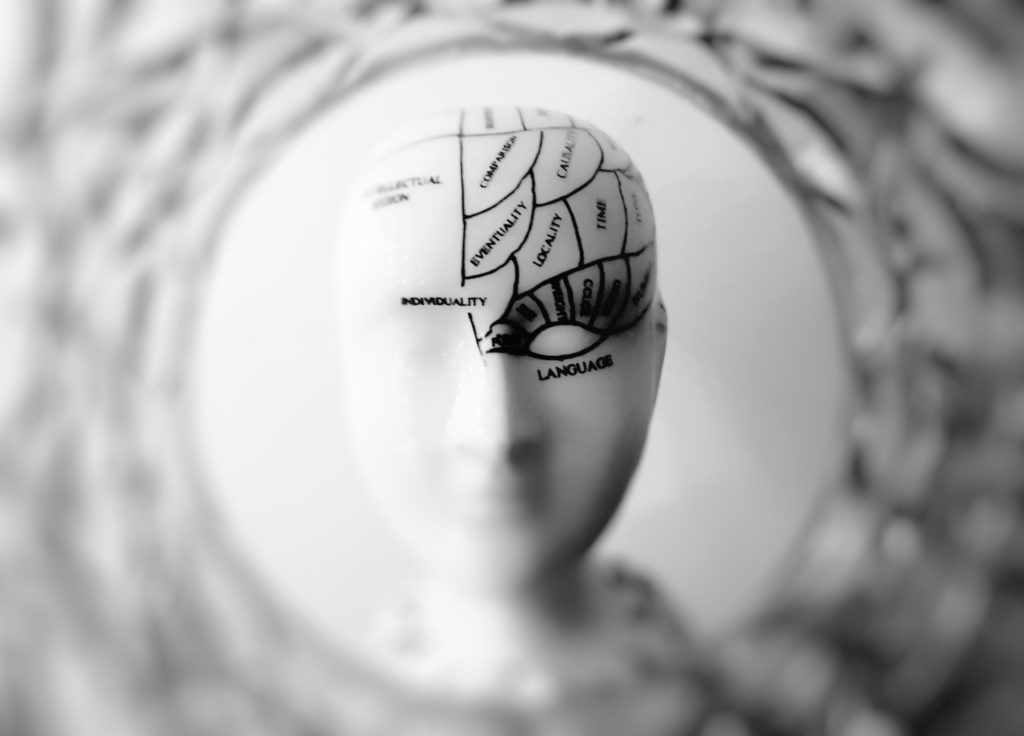
Integrated Information Theory suggests that consciousness is the result of how information is structured in the brain. It’s not just the amount of information but how it’s interconnected.
If a system has enough complex, integrated information, it becomes conscious. This means that anything with a high enough level of interconnectedness could be considered conscious, whether it’s a human brain or even, someday, artificial intelligence.
Interesting fact: According to IIT, consciousness isn’t an all-or-nothing phenomenon. It could exist on a spectrum. So while humans might have high levels of integrated information, other animals, or even computers, could have a small spark of awareness too.
7. The Global Workspace Theory

In Global Workspace Theory, consciousness is basically like a stage in a theater. Different parts of the brain act as the actors, but only some get the spotlight. These are the thoughts, perceptions, and emotions that you’re consciously aware of.
Meanwhile, other processes—like your heartbeat or digestion—are still happening, but they’re “backstage.” This model suggests consciousness arises when various mental processes compete for attention and a few win out.
Interesting fact: Some scientists have compared this to having a computer with multiple apps open, but only the one in the foreground is visible at any given time. The rest are still running, just out of sight.
8. Consciousness as a Byproduct of Social Evolution
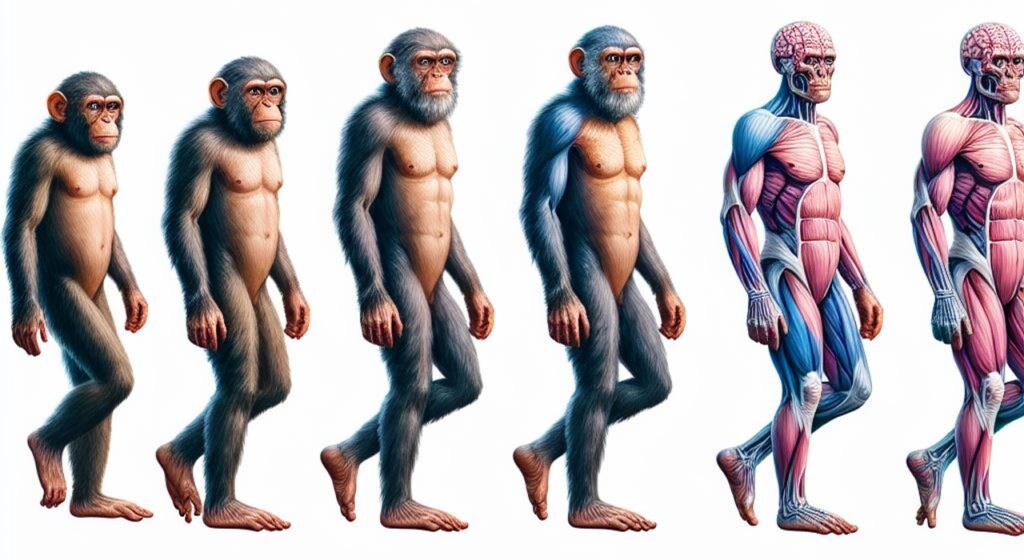
This explanation is less about neurons and more about survival. Some thinkers argue that consciousness evolved as a social tool.
It allows us to understand others, anticipate their actions, and predict their intentions. In this sense, consciousness might not be about self-awareness at all, but about understanding others.
You aren’t conscious to think; you’re conscious to outsmart the people around you.
Interesting fact: In the animal kingdom, dolphins, apes, and certain birds have been shown to possess forms of consciousness that let them predict social behavior.
9. Biocentrism: Consciousness Creates the Universe
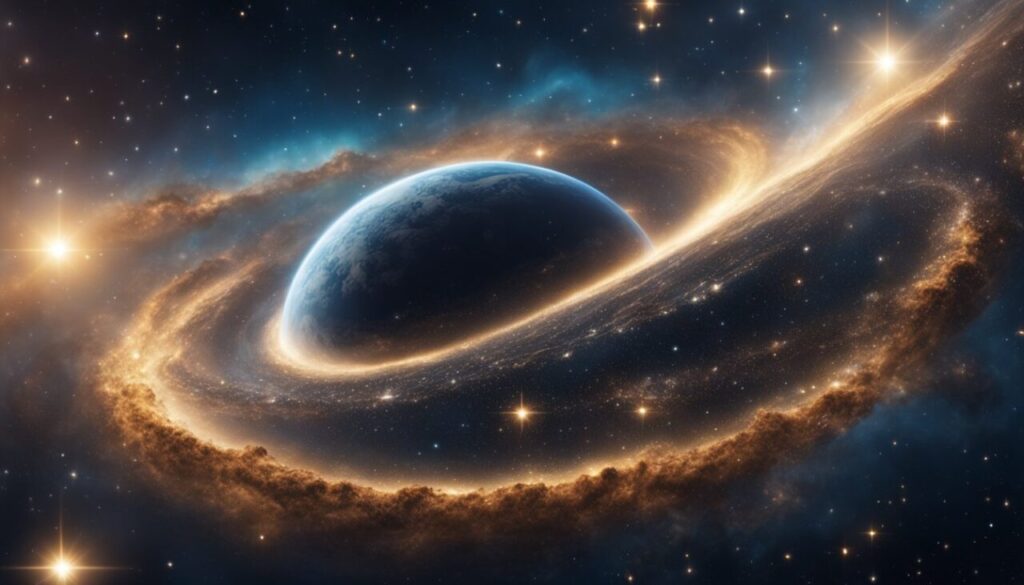
According to biocentrism, it’s not the universe that creates consciousness, but the other way around. This theory, advanced by stem-cell researcher Robert Lanza, suggests that space, time, and reality itself exist because consciousness perceives them.
In other words, reality doesn’t exist until there’s someone to experience it. It’s kind of like “If a tree falls in a forest…” but taken to the extreme.
Interesting fact: Biocentrism draws some inspiration from quantum mechanics, where the act of measurement seems to influence outcomes. Lanza argues that our minds might be the key to unlocking the deepest truths of the cosmos.
10. The Orch-OR Theory: Consciousness Happens in Microtubules
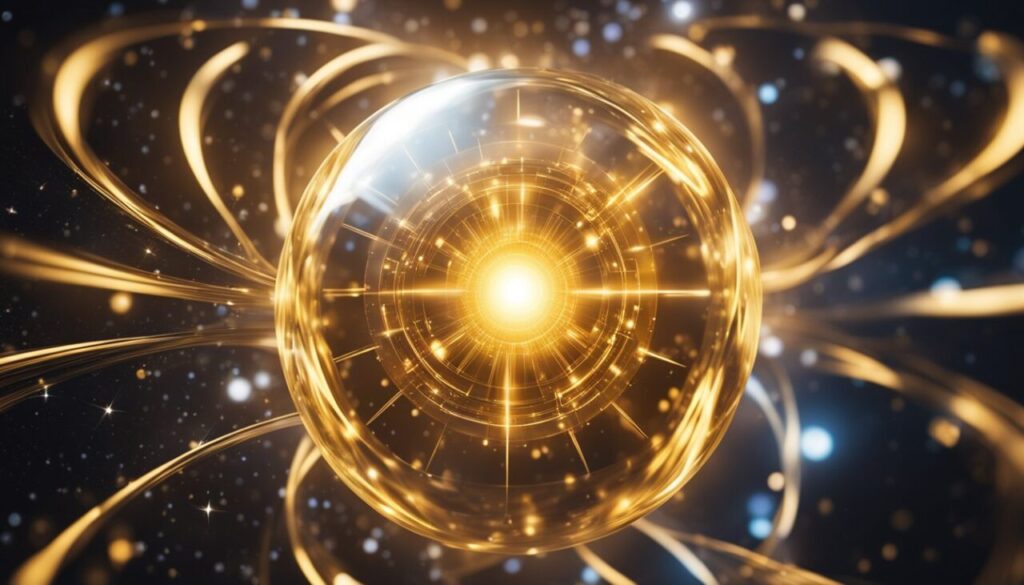
Here Penrose and Hameroff strike again with another weird one. Their Orchestrated Objective Reduction (Orch-OR) theory argues that the brain’s neurons aren’t where consciousness arises.
Instead, it happens inside microtubules within neurons, through quantum events. These microtubules could create a unified experience of consciousness by collapsing quantum wave functions, hence “Orchestrated” Objective Reduction.
Interesting fact: The Orch-OR theory has faced criticism from many scientists, but it's also gained a cult following in consciousness studies. If it turns out to be correct, it would completely flip how we understand the brain and mind.





















